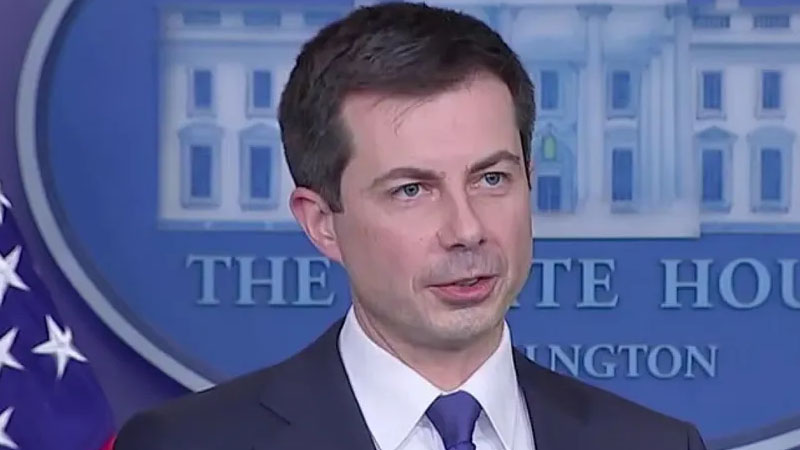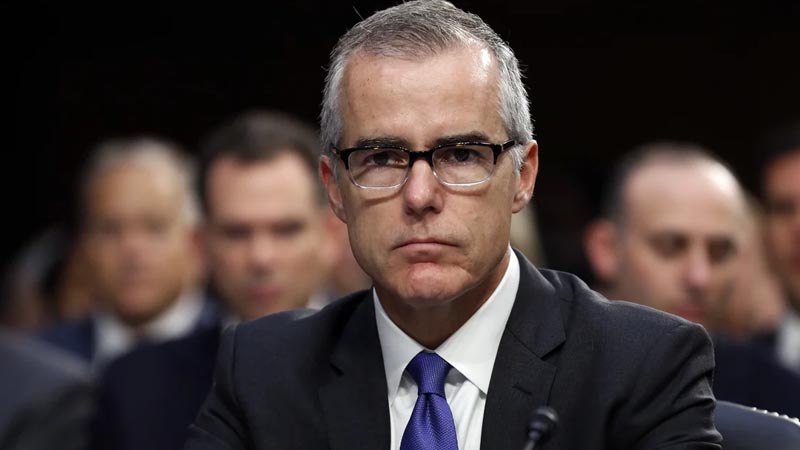‘The Five’ hosts reject Pete Buttigieg’s ‘racist highways’ claim

Source: Fox News
The interstate system is not without flaws, but was a landmark infrastructural feat, host Geraldo Rivera said
Hosts of “The Five” criticized the US Secretary of Transportation, Pete Buttigieg on Tuesday for comments about the infrastructure bill addressing racism in highways.
“I’m still surprised that some people were surprised when I pointed to the fact that if a highway was built for the purpose of dividing a White and a Black neighborhood, or if an underpass was constructed such that a bus carrying mostly black and Puerto Rican kids to a beach, or that would have been in New York, was designed too low for it to pass by, that that obviously reflects racism that went into those design choices,” Buttigieg said during a White House press briefing Monday.
“If you make infrastructure social welfare, what you’re going to get is nothing,” said “The Five” host Geraldo Rivera. “At the end of the line, you’re going to have that money squandered.”
He called Eisenhower’s interstate system the “grandest, greatest public works project since the Erie Canal,” since it opened up America to all people, regardless of race.
In New York, Democrats such as Rep. Ritchie Torres recently lamented the Cross-Bronx Expressway, a section of I-95 created by urban planner Robert Moses, as “literally and metaphorically a structure of racism.”
A similar uproar successfully stopped another Moses proposal in the Bronx, The Arthur Sheridan Expressway, decades ago.
Other governmental agencies, such as the Appalachian Regional Commission, have long tried to create roadway infrastructure to assist communities in states ranging from Alabama to Pennsylvania.
One of its projects, the Coalfields Expressway, will cut through mountainous areas where winding and narrow roads are now used to transport both people and materials like coal and lumber through West Virginia, Virginia, and Kentucky.
Jesse Watters, host of “The Five,” added that the criticisms of interstate and arterial building are focused on class rather than race.
“Class was a much bigger factor,” he said. “Poor White and Black neighborhoods were carved up by this highway system because it’s much easier to seize a poor neighborhood through eminent domain.”
“You put the artery into the downtown shopping district and the artery out to the suburbs for the commuters and that’s how it’s done. They went into German, Italian, Jewish neighborhoods — all White people — and they just carved them out.”
“Just because we need to fix a part of the system doesn’t mean the system was racist, it just means it was designed by idiots,” Watters continued.
“Most of the problems we have in this country are because of idiots, not because of racists.”


